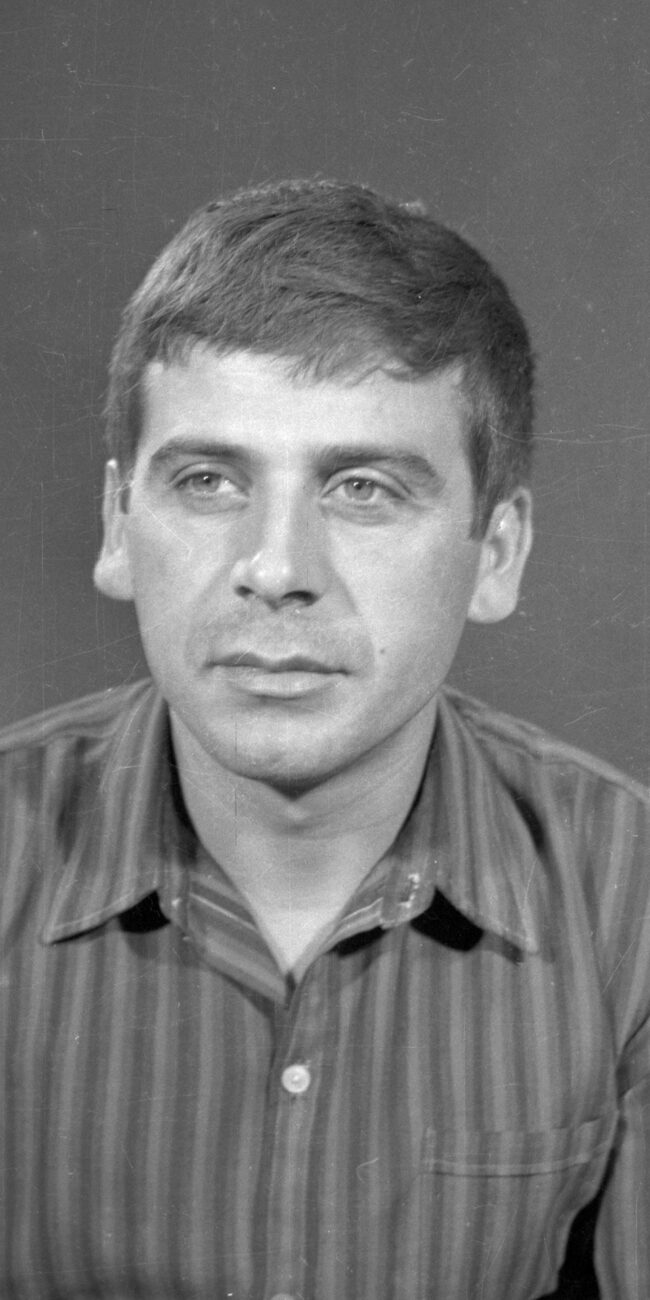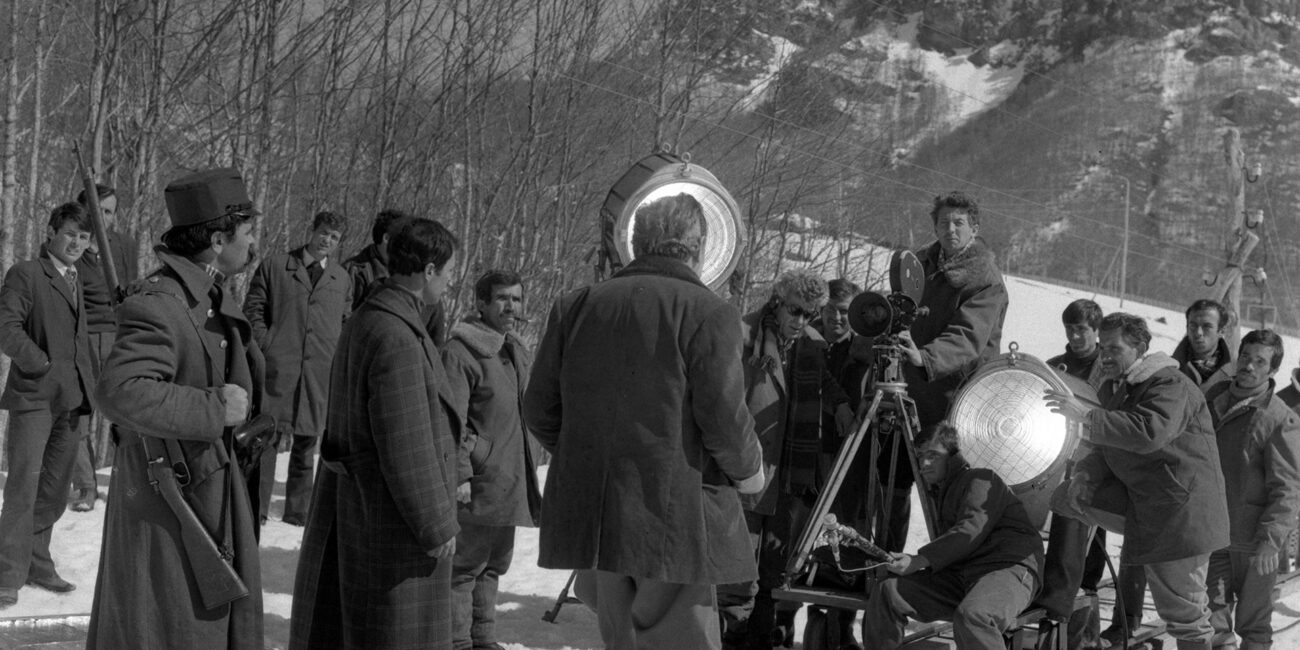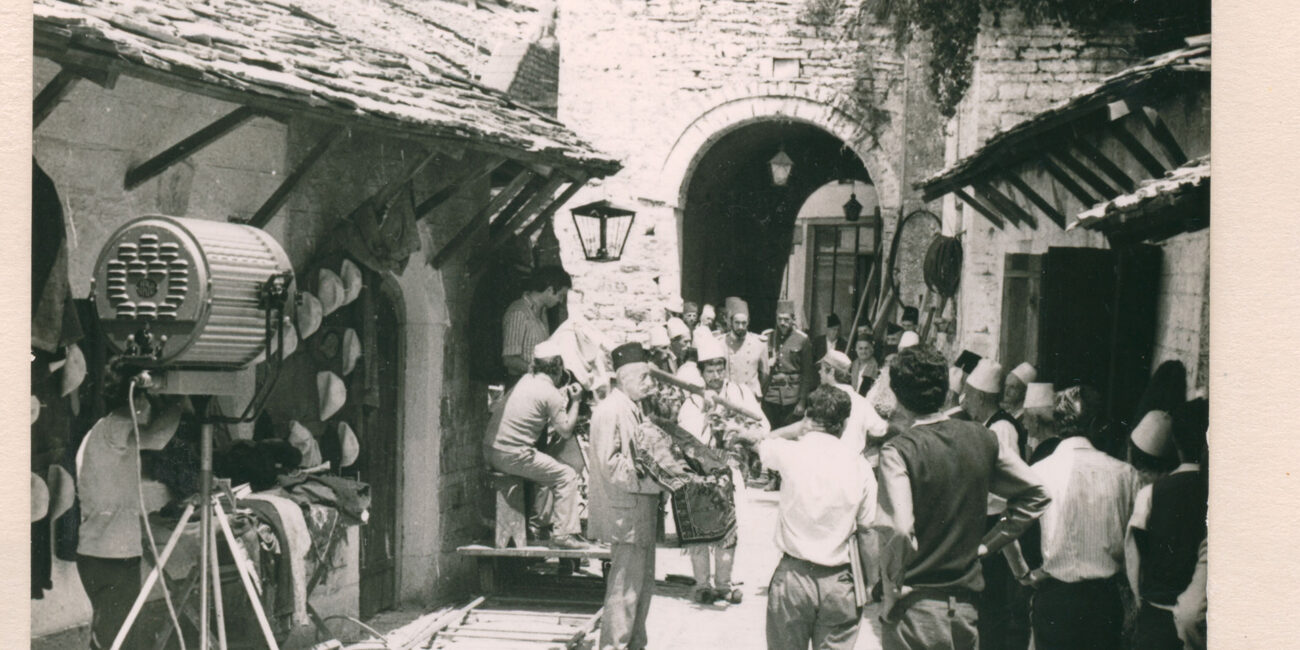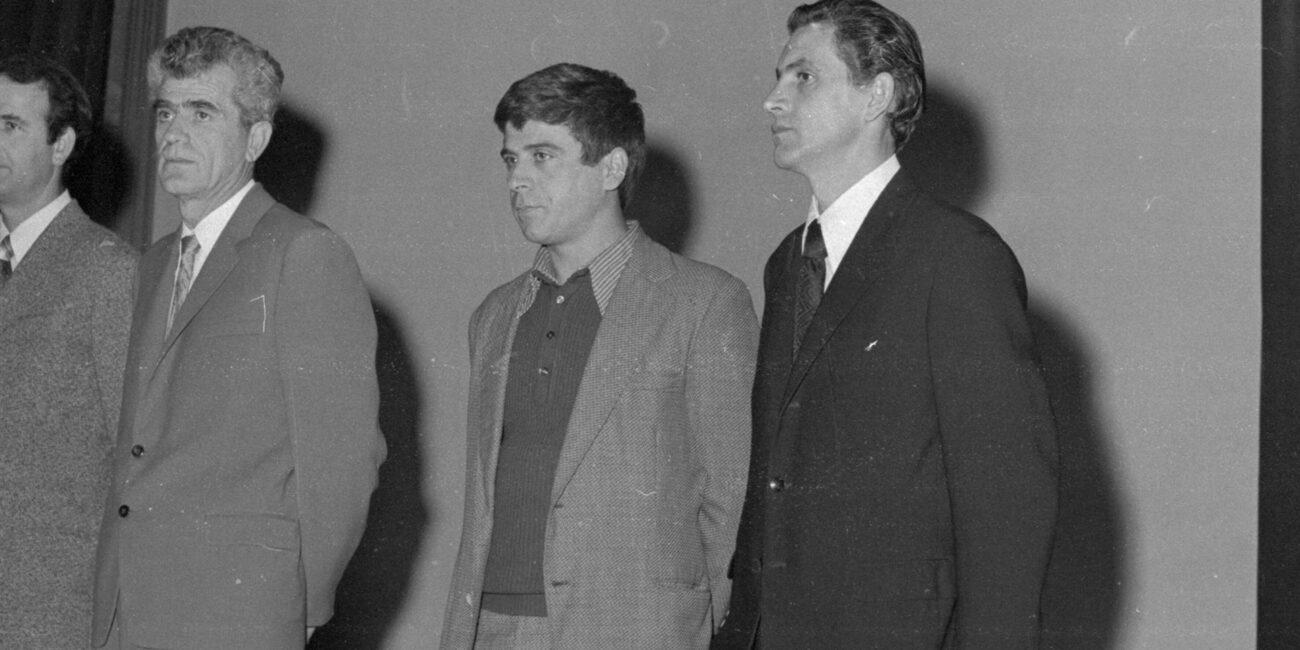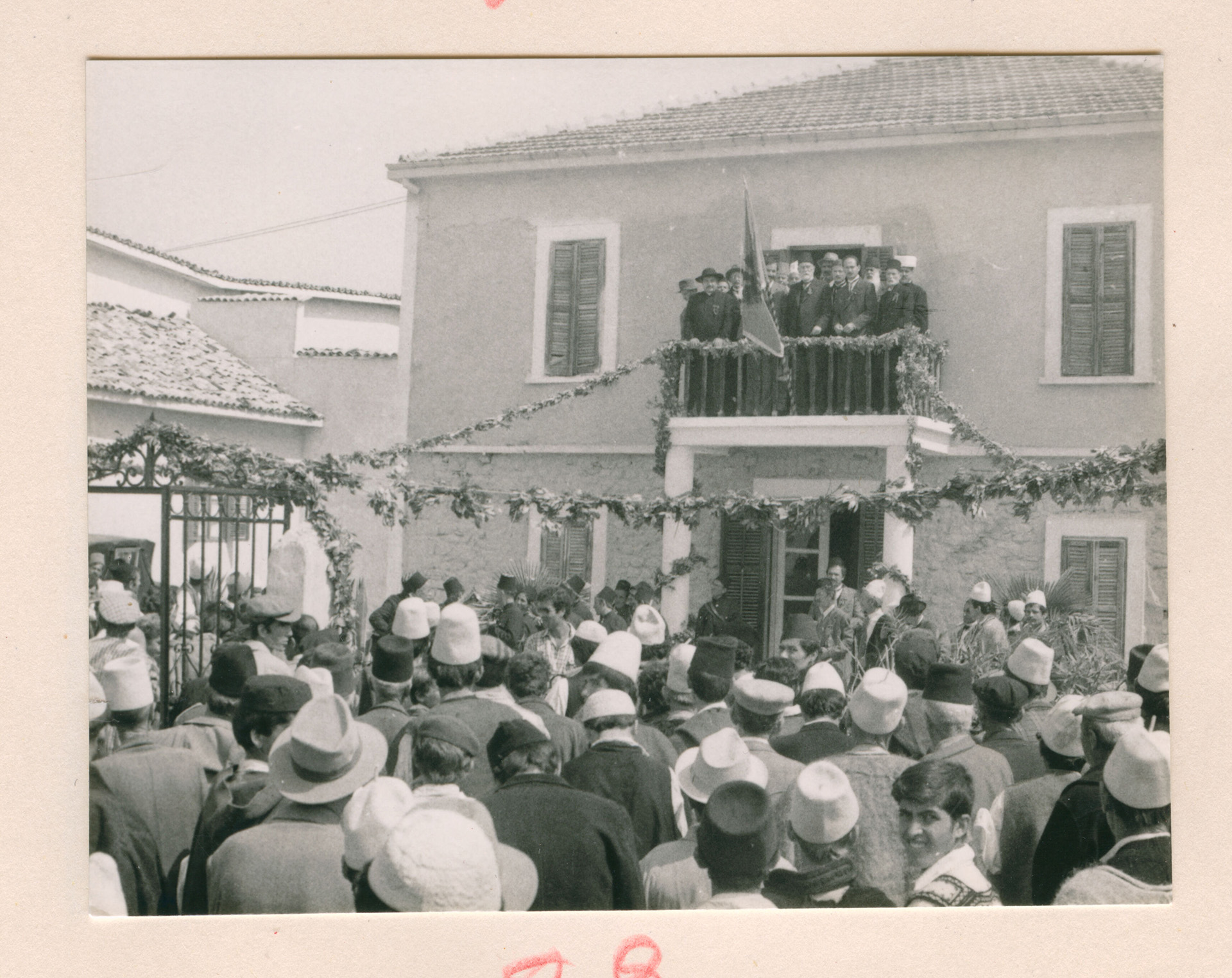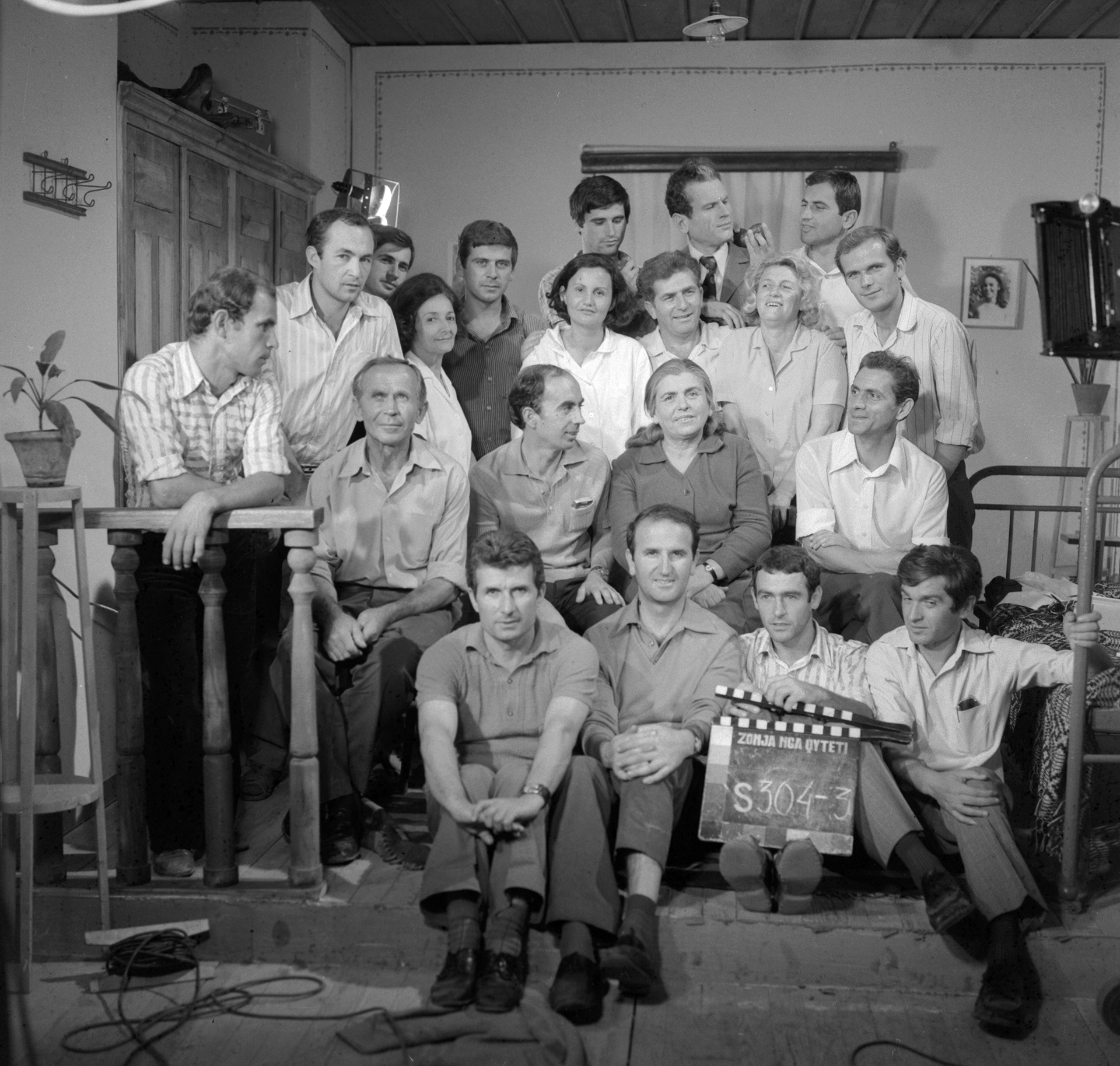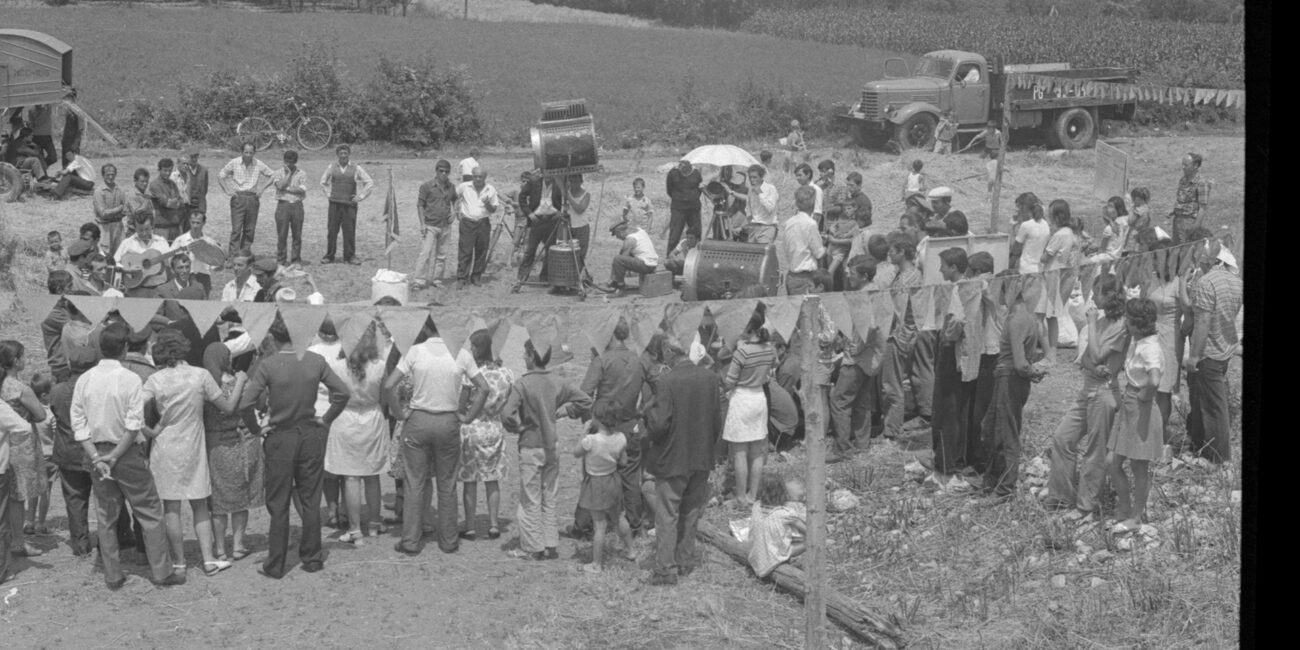
Arben Basha: Echoes of a Silent Artist
Synopsis
An intimate portrait of artist Arben Basha, one life behind the grand scenes of cinema, another in the stillness of canvas.
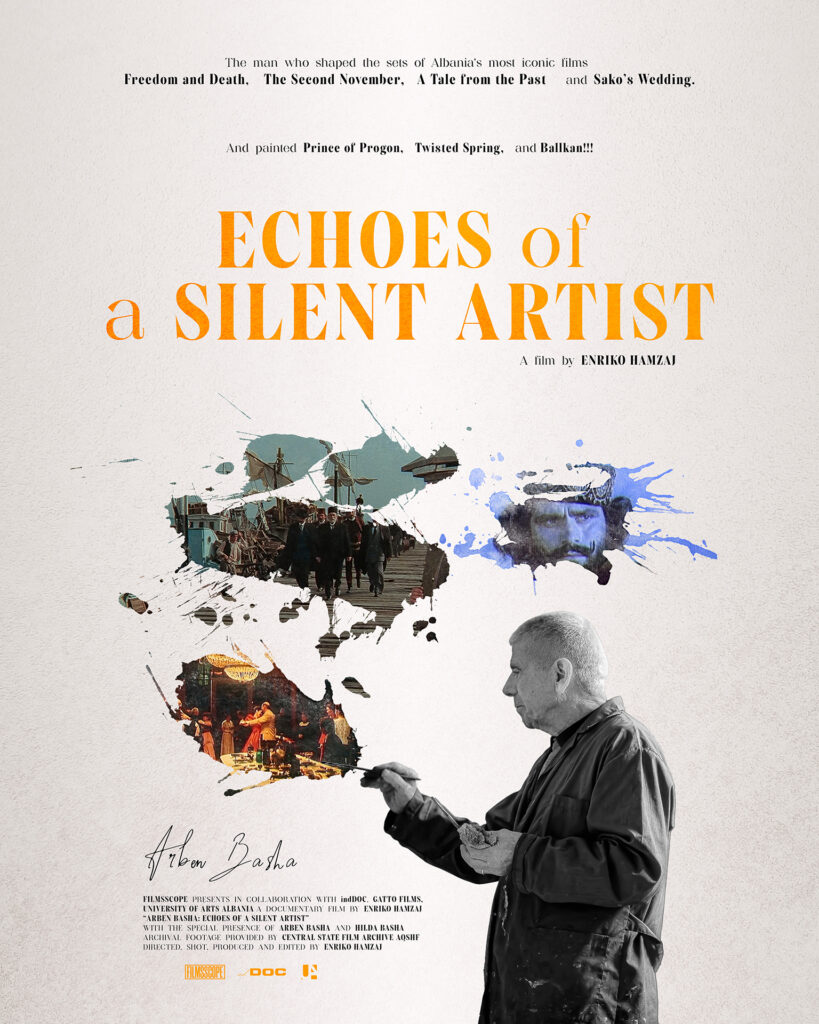
Credits
Director Enriko Hamzaj
Producer Enriko Hamzaj
Key cast Arben Basha
Key cast Hilda Basha
Production supervisor Besnik Bisha
Cinematography Enriko Hamzaj
Editor Enriko Hamzaj
Specifications
Title Arben Basha: Echoes of a Silent Artist
Original language title Arben Basha: Jehona e një artisti të heshtur
Project type Documentary Film
Genre Documentary, Biography, History, Drama
Runtime 40 minutes
Country of origin Albania
Country of filming Albania
Language Albanian
Shooting format Digital, 6.2K
Aspect ratio 3:2
Film color Black & White and Color
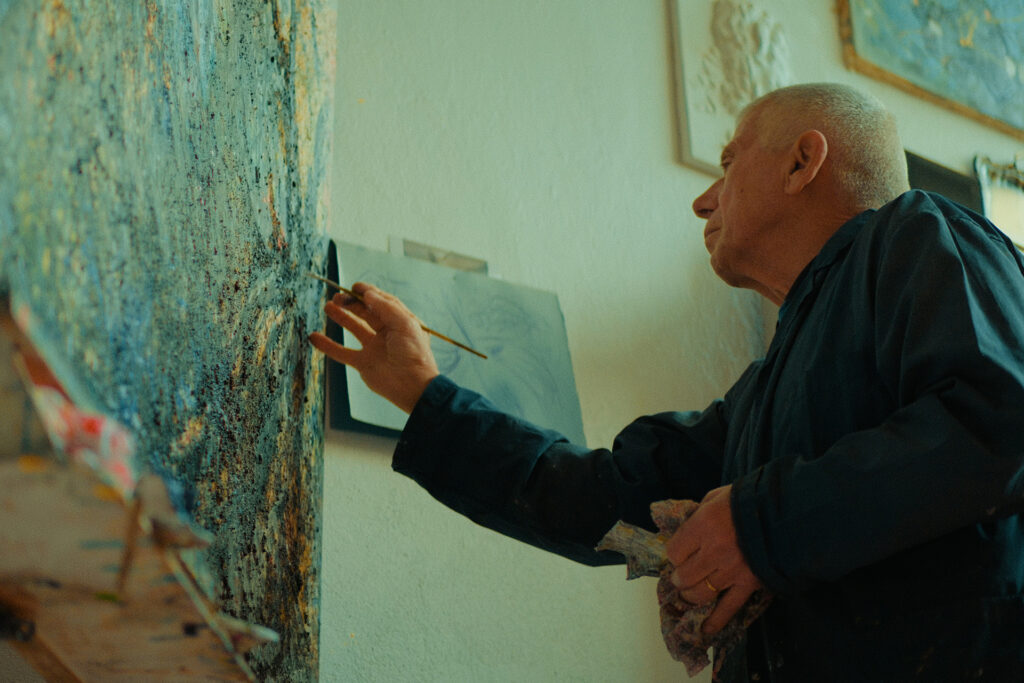
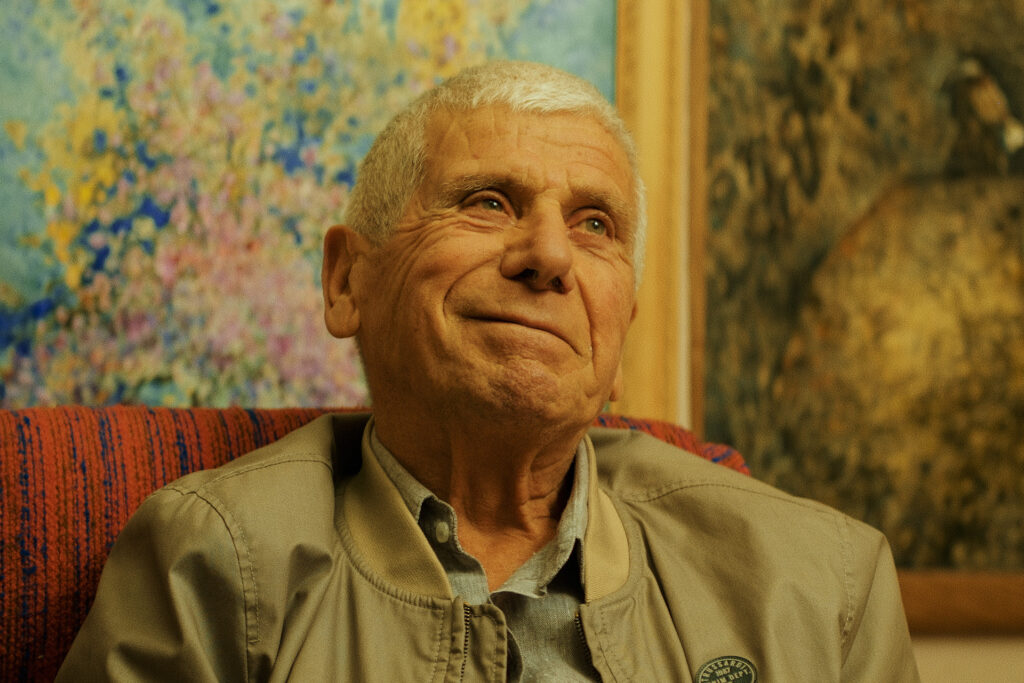
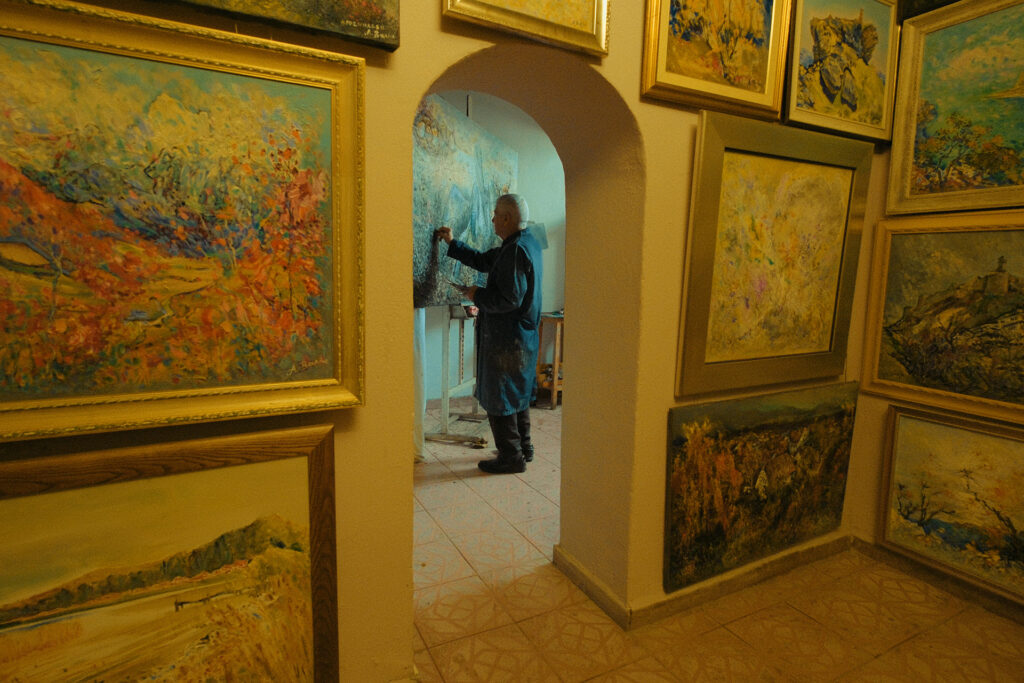
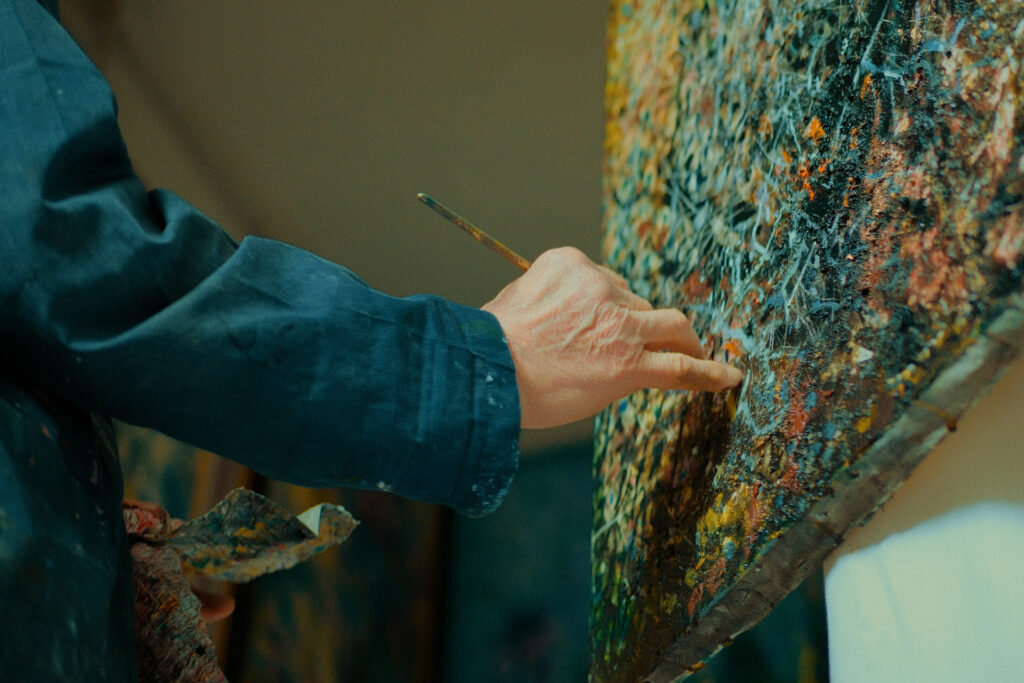
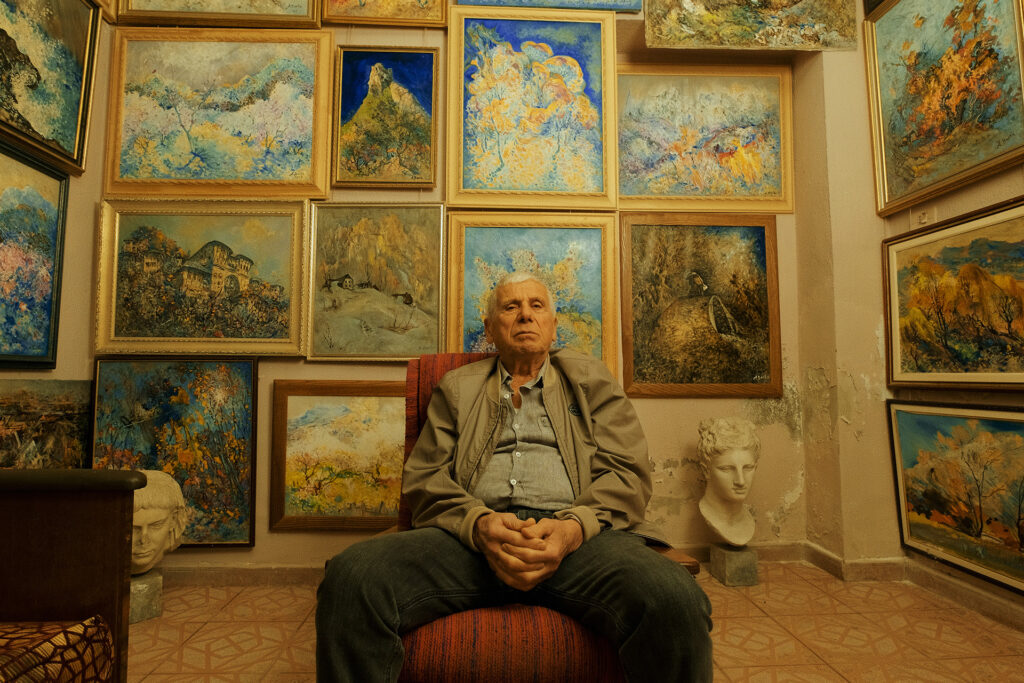
Director's Statement
To better understand the future, sometimes we need to return to the past, to the roots, to the beginning. Where did everything start? How did we get here? And how will we carry it forward?
These questions apply to every area of life, but I chose to place them in service of my own field: cinema. Often, without realizing it, the greatest weight of a film is attributed to the director or the actors, simply because the public engages with them the most. But as a director myself, I know well that a film is never a one-man effort. Without the support of other arts, the director is left empty.
That’s why, in this documentary, I shifted the focus of a cinematic work toward the film’s painter, known today as a production designer or art director. And in this field, one of the most important names in Albanian cinema is undoubtedly Arben Basha.
Ben carries on his shoulders a significant legacy of films that have helped shape Albania’s visual identity, such as Freedom and Death (1979), A Tale from the Past (1987), The Second November (1982), Sako’s Wedding (1988), and many others.
During this period, I spent valuable time with Ben and came to understand that the word “artist” doesn’t gain its value solely from creative skill, but from the depth of the inner soul. And this soul, he has poured fully into his paintings, works I was fortunate enough to witness up close every day throughout the shoot, and to feel their quiet magic.
Modestly, I believe this documentary carries values that can help us become better “artists” ourselves, and perhaps add a little more “white paint” to the soul.
Enriko Hamzaj.


